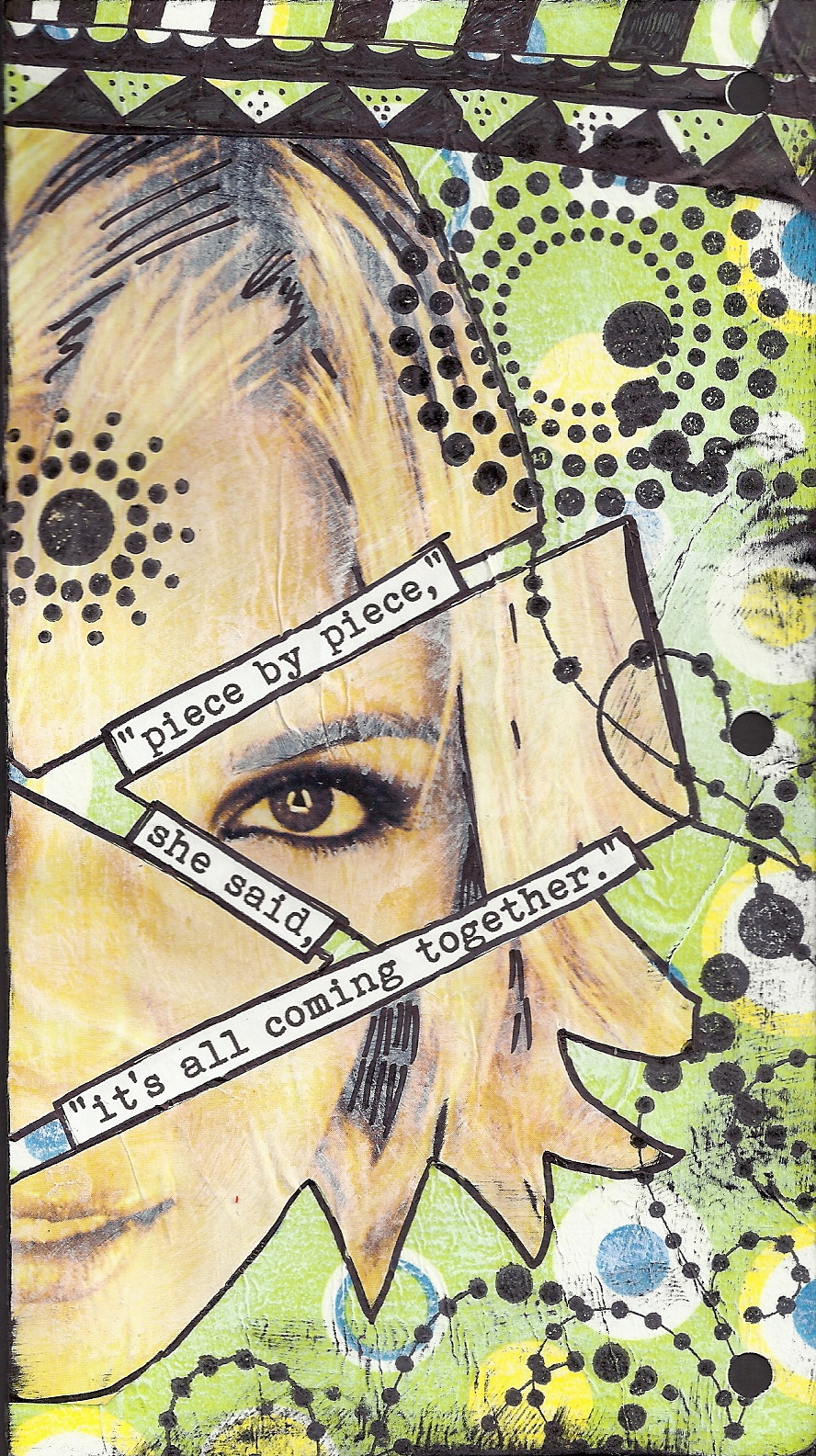
Charles Rosen, 1927 – 2012
Finished reading The Frontiers of Meaning by the late pianist/musicologist, Charles Rosen. It’s a slim volume which contains three talks he gave in 1993. I do like the way his mind works. His writings have taught me many things. In this book he successfully illustrates how music is often a hairbreadth away from being nonsense. He points out some wonderful errors made by great musicians and musicologists and how in the final analysis it wasn’t that big a deal.
This reminds me so much of my late teacher, Ray Ferguson, who once commented to me after we had both listened to a lengthy musicological lecture regarding some obscure music controversy that in the final analysis it didn’t matter how the controversy resolved because the controversy was irrelevant to life.
I miss that guy.
I am planning to type up some reading notes today so I can return books to the library.

I have landed on this idea as a way to retain some sort of record of my reading and thinking in books I do not own. Even with some of the books I own I find myself making notes in a doc online.
I have been experience some convergence between ideas in the books I have been reading.

This happens often to me and it is a source of delight and wonder. For example, I am reading (re-reading?) “The Tempest” by Shakespeare. I am doing so because I am also reading Auden’s “The Sea and The Mirror” in which Auden uses characters from “The Tempest’ to make points about life, art, and religion. Impossible to understand Auden without knowing the players.
Anyway, yesterday I was reading in A Secular Age by Charles Taylor. In it, he refers to a quote from Buffon in French: “we come to see ourselves as issuing from what Buffon called ‘le sombre abîme du temps.'” I take the French phrase to mean “the dark abyss of time” which is the title of the chapter. Taylor speculates in a footnote that Buffon (whom after a google I take to mean George-Louis Leclerc, Comte de Buffon, an influential thinker in the 18th century), that Buffon might have been thinking of Shakespeare. “Consider this speech from The Tempest, where Prospero questions Miranda about what she remembers: “What sees thou else / In the dark backward and abyss of time?” Act I, Scene II, ll. 49-50.”

I had just read this scene when I stumbled across the reference in Taylor’s footnote.
Convergence.
Then this morning, I was again reading Taylor, when he used a word I didn’t recognize: “nevralgic.” I thought I got the sense of the word but it seemed so odd to me I wanted to find out more about it. Checked the Oxford English Dictionary and it wasn’t there. Proceeded to google it and came up with a discussion about it in which two commenters had mentioned they had run across the word in Charles Taylor’s The Secular Age.
I don’t know if that qualifies as “convergence” but I think it’s cool.
By the way, it seems that Taylor is using the word deliberately (some of the commenters take it to be a typo). But that its meaning is not far from neuralgic which means “particularly sensitive” like a nerve and which is also only one letter away from nevralgic, “v” often being used in Latin as “u.”
1. 8 Photos You Didn’t See From Obama’s Trip to South Africa – PolicyMic
I “shared” this on Facebooger. I think the pics are interesting and they relate to a couple of other articles I have read recently about photographing the president.
2. Obama’s Orwellian Image Control – NYTimes.com and Limit on Access Stirs Tensions Between White House Photographer and Press Corp
These are the two articles I read recently about the controversy of the White House limiting photo ops.
3. How to Truly Honor Mandela – NYTimes.com
Kristoff’s tribute has a litany of problems and brave people who could use help right now.
4. Prison Memoir of a Black Man in the 1850s – NYTimes.com
This makes me suspicious that it’s a hoax. At any rate, it will be an interesting read once it’s published.